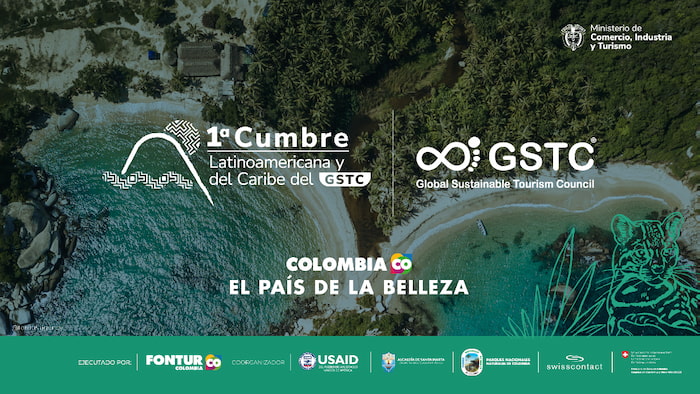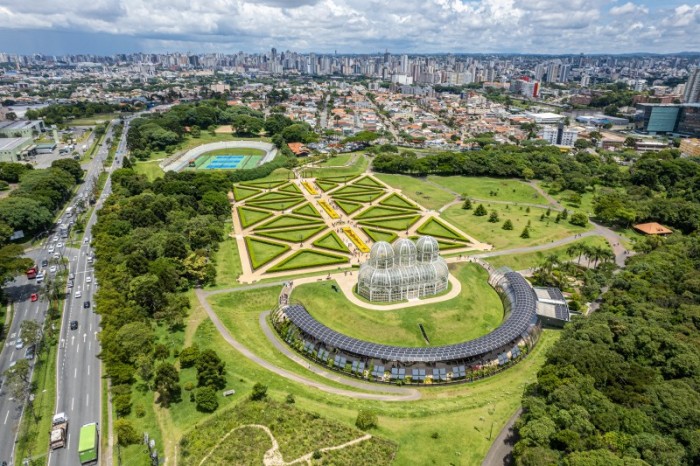Santa Marta in Colombia, has been chosen to host the first edition of the Latin American and Caribbean Sustainable Tourism Summit. This historic event, organised by the Global Sustainable Tourism Council (GSTC), will be held from 27 to 29 May 2024 and will bring together leaders, experts and professionals in sustainable tourism from across the region.
Santa Marta has been selected to host this event because of its exemplary commitment to sustainable tourism. Renowned for its rich biodiversity and ecological initiatives, the city offers an ideal setting for discussing the challenges and opportunities associated with responsible tourism. The destination has already implemented several conservation and ecotourism projects, making it a model for other destinations to follow.
The Colombian Minister of Trade, Industry and Tourism, Germán Umaña, said: ‘The fact that Santa Marta has been chosen as the venue for the first meeting that the Global Sustainable Tourism Council has decided to hold in Latin America means that Colombia, the land of beauty, is leading sustainable tourism initiatives in the region, demonstrating that it is possible to make tourism an alternative for economic transition and the protection of nature.’
Summit objectives
The summit aims to promote sustainable tourism practices that respect and preserve the natural and cultural resources of tourist destinations. Discussions will cover a range of topics, including
- Sustainable management of tourist destinations.
- The importance of certification and sustainability standards.
- Local initiatives and success stories.
- Public-private partnerships to support sustainable development.
Speakers and participants
Speakers will include government representatives, non-governmental organisations, private sector companies and academics. The event promises to be a platform for sharing knowledge and best practice, with interactive workshops, plenary sessions and panel discussions.
Randy Durband, CEO of the GSTC, said: ‘Scheduled activities include workshops on conservation, climate change and tourism, with practical approaches from success stories such as Colombia, Ecuador and the Republic of Palau. The conclusions and roadmap established at the summit will be fundamental to future policies and strategies for the sector in Latin America and the Caribbean.’
Expected impact

The choice of Santa Marta for this summit underlines the growing importance of sustainable tourism in Latin America and the Caribbean. The event is expected not only to reinforce the region’s sustainability efforts but also to encourage other destinations to adopt similar practices. The expected benefits include increased awareness of the importance of sustainable tourism, strategic alliances for environmental protection and an increase in local sustainability initiatives.
The first edition of the Latin American and Caribbean Sustainable Tourism Summit in Santa Marta marks a significant turning point for sustainable tourism in the region. By bringing together experts and industry leaders, the summit aims to set high standards for sustainability and promote practices that will benefit future generations. Santa Marta, with its natural beauty and commitment to the environment, is the perfect destination to launch this ambitious initiative.







